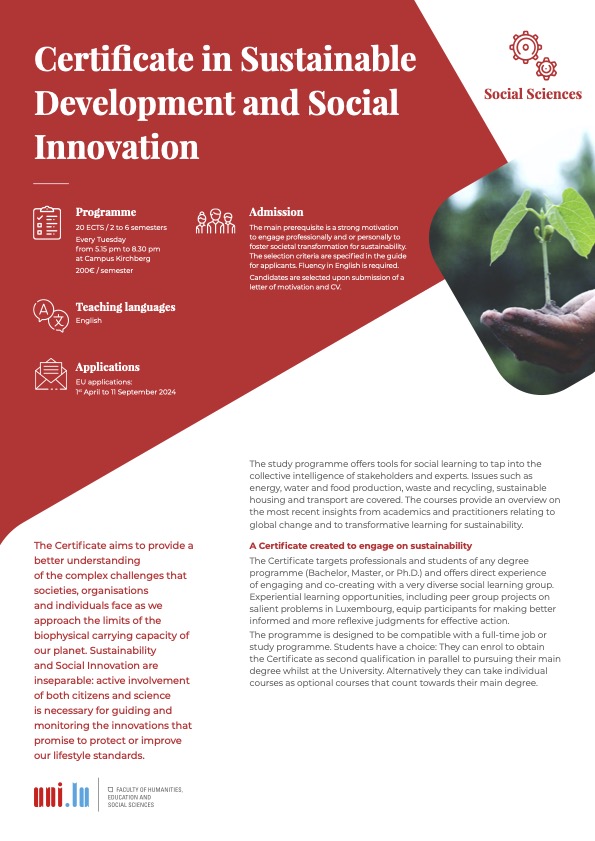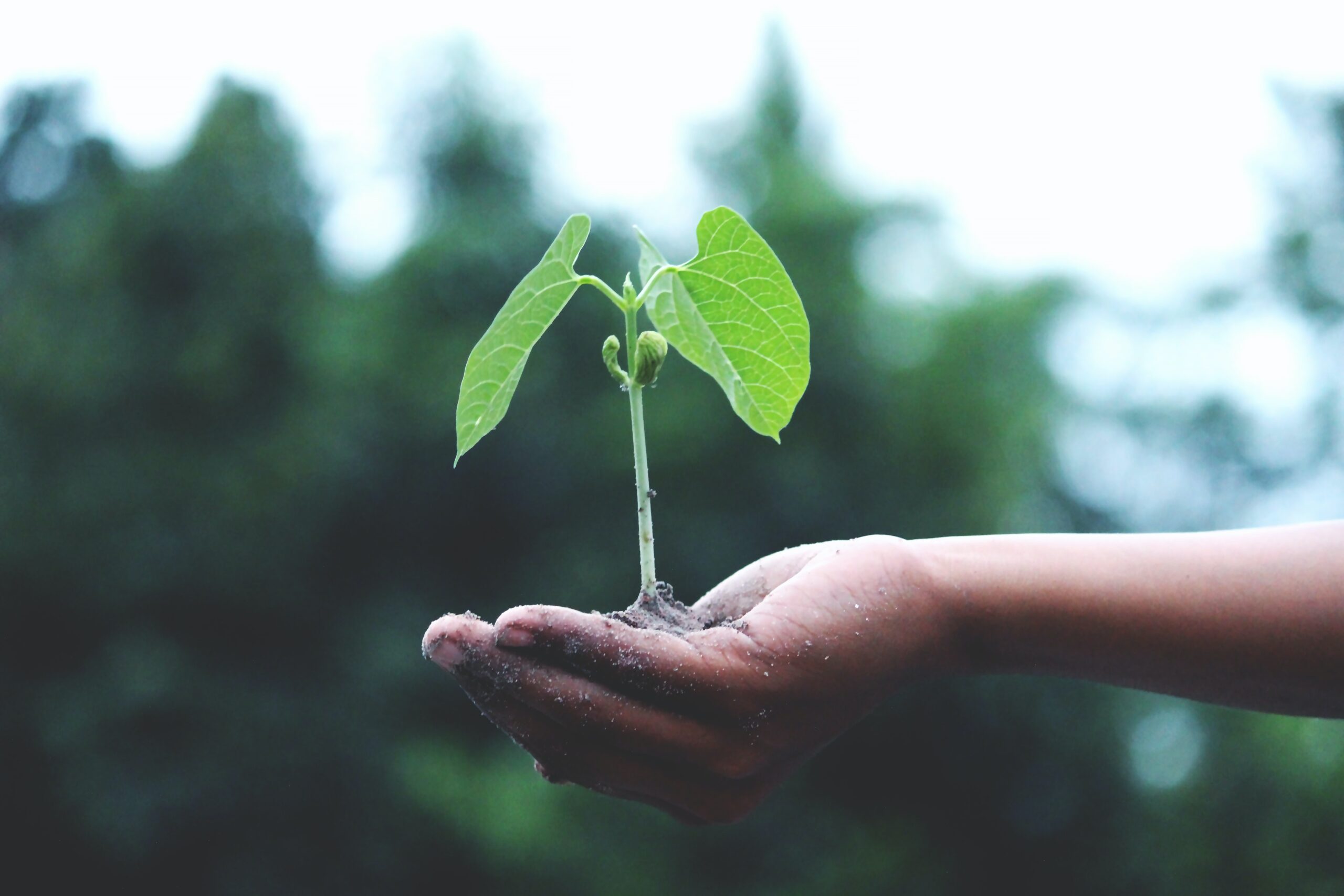Learning outcomes
Better understanding of the complex challenges that societies, organisations and individuals face as we approach the limits of the biophysical carrying capacity of our planet. Knowledge about the most recent insights from academics and practitioners related to global change and to transformative learning for sustainability.
More info
Download the flyer

Learning Outcomes
Participants will develop the following competences:
- to apply systems thinking to understand the complexity of society, environment and their interactions.
- to respect the conflicting perspectives on an issue that are held by diverse experts and stakeholders, stemming from diversity in experience, values and world views.
- to recognise uncertainties and tensions arising from the gulf between local and global perspectives and modes of inquiry.
- skills in negotiation: respect, listening, giving and taking to find mutually acceptable solutions to complex problems.
- an appreciation of alternative forms of social organization and enterprise for achieving a sustainable economic exchange system.
- to develop ‘citizen science’ approaches and techniques for creatively integrating the social and scientific emphases of the two phases of the course.
- to engage science and scientists productively in social learning processes with diverse groups of stakeholders for concerted action on local issues of environment and sustainability.
